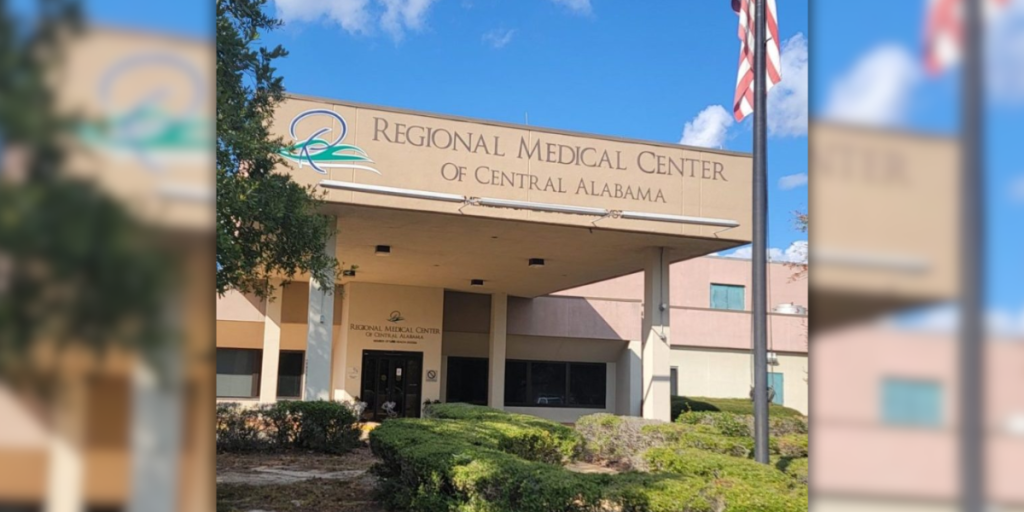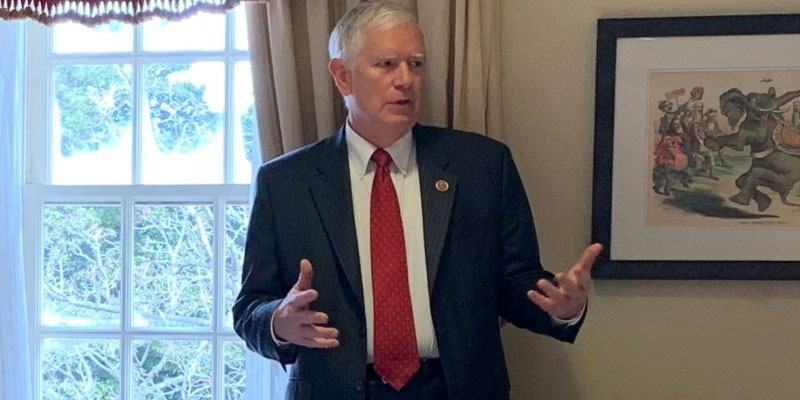Heeding the calls of Sen. Richard Shelby (R-AL) and Congressman Bradley Byrne (AL-01), the Trump administration this week announced major reforms that are expected to help turn the tide on recent rural hospital closures in Alabama.
On Wednesday, the Centers for Medicare & Medicaid Services (CMS) announced a new proposed rule regarding the Inpatient Prospective Payment System (IPPS) that provides relief from the increasing disproportion of reimbursement to hospitals created by the Medicare wage index.
While CMS uses wage index data based on regional labor costs to determine Medicare reimbursement levels for hospitals in a particular area, many hospitals – particularly in the Yellowhammer State – have been negatively affected as a result of flawed data, as Shelby explained in a statement.
“The Medicare Wage Index has negatively affected Alabama hospitals for over 20 years,” the Senate Appropriations chair advised. “After two decades of working to address a problem that significantly contributes to heightened hospital closures throughout our state, I am glad to see Administrator Verma and CMS taking steps to solve this dire issue. I look forward to continuing my work with the agency to make sure that this sort of careless imbalance is eliminated moving forward.”
In a statement, Byrne outlined, “For nearly three decades, Alabama hospitals have been facing declining Medicare reimbursement due to a fundamentally flawed reimbursement system known as the Medicare Wage Index. This system has put an incredible strain on Alabama hospitals and has been a leading contributor to the string of rural Alabama hospital closures over the last decade.”
Shortly after President Donald Trump was sworn in, Byrne met with CMS administrator Seema Verma and brought the issue to her attention. The administrator pledged to look into it, and in response to Byrne’s request, afterward put out a Request for Information (RFI) requesting data on wage index disparities last year.
Byrne also led 45 of his House colleagues in calling for reform in a letter to CMS on June 29, 2018.
Then, the Office of Inspector General for the Department of Health and Human Services in November of 2018 issued a report that outlined concerns with the current wage index calculations, including incorrect or incomplete wage data, insufficient reviews of information and the inaccuracy of rural floor and hold-harmless provisions. With the lowest wage index in the country, Alabama’s urban and rural hospitals have suffered from lower reimbursement levels, while hospitals in heavily populated states have taken advantage of overpayments illustrated in the report.
“Immediately after President Trump was took office, I began working with his Administration and CMS Administrator Seema Verma to address these disparities. I’m proud to have played a part in making today’s announcement possible because it is a major step in the right direction to help save our rural hospitals,” Byrne remarked.
Finally, Shelby last month sent a letter signed by the entire Alabama Congressional delegation to CMS administrator Seema Verma encouraging the agency to provide Alabama hospitals with relief from the Medicare wage index through the use of its rulemaking process authority.
Prior to that letter, Shelby had also participated in many calls, meetings and discussions with Verma and other CMS officials to personally encourage the proposed adjustment.
In exclusive comments to Yellowhammer News, Byrne emphasized, “If a town loses their hospital it can be totally crippling. Quality of life suffers, they won’t be able to attract new industry, and human lives could actually be lost.”
“That’s why I’ve worked so hard with the Trump Administration to get relief for our rural hospitals in Alabama and ensure that our state is treated fairly with the Medicare program,” he continued. “This latest action from President Trump will help keep hospitals in Alabama open and directly benefit the good people of our state.”
The issue
The Medicare Wage Index has been a long-term problem for Alabama hospitals. The Wage Index is responsible for setting how hospitals are reimbursed under the Medicare program. The majority of a hospital’s reimbursement is typically through Medicare. Rural hospitals, which are particularly struggling in the state, also tend to have very high percentage of patients on Medicare.
The current formula rewards hospitals with high costs in places like California with larger and larger reimbursements. Thus, it incentivizes them to continue to bloat costs. Because adjustments in the wage index must be budget neutral, Alabama’s low-cost hospitals, in turn, face an ever-shrinking wage index. This has put major pressure on hospitals’ bottom lines and has been a contributing factor to the Yellowhammer State’s slue of rural hospital closures.
Essentially, rich blue state hospitals are helping to push red state hospitals out of business.
“One in five Americans are living in rural areas and the hospitals that serve them are the backbone of our nation’s healthcare system,” Verma affirmed in a statement. “Rural Americans face many obstacles as the result of our fragmented healthcare system, including living in communities with disproportionally higher poverty rates, more chronic conditions, and more uninsured or underinsured individuals.”
She emphasized, “The Trump administration is committed to addressing inequities in health care, which is why we are proposing historic Medicare payment changes that will help bring stability to rural hospitals and improve patients’ access to quality healthcare.”
Read more about the proposed rule changes here.
Sean Ross is a staff writer for Yellowhammer News. You can follow him on Twitter @sean_yhn













